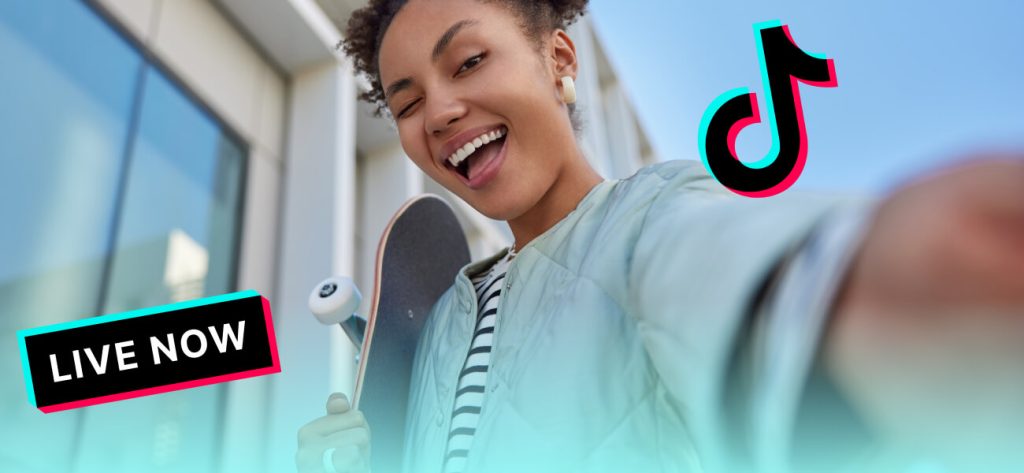In the digital age, social media platforms like TikTok have revolutionized the way we create, consume, and share content. With its short-form videos capturing the attention of millions worldwide, TikTok has become a cultural phenomenon. However, alongside its popularity, controversies have arisen, particularly concerning the use of TikTok downloaders – tools that allow users to save TikTok videos for offline viewing. In this article, we delve into the legal landscape surrounding TikTok downloaders, exploring the implications for users, content creators, and the platform itself
Understanding TikTok Downloaders
TikTok downloaders are third-party applications or online services that enable users to download TikTok videos directly to their devices. These tools bypass the platform’s restrictions, allowing users to save videos without the need for internet access. While some downloaders simply facilitate the saving of videos for personal use, others offer additional features like downloading entire profiles or playlists, raising concerns about copyright infringement and intellectual property rights.
Legal Concerns

The legality of TikTok downloaders is a complex issue that intersects with copyright law, terms of service agreements, and digital rights management. While TikTok’s terms of service explicitly prohibit downloading videos without permission, the legality of such actions under copyright law varies depending on factors like fair use, transformative use, and the intent of the downloader.
Copyright Infringement
One of the primary legal concerns associated with TikTok downloaders is copyright infringement. When users download and distribute TikTok videos without proper authorization, they may be infringing upon the rights of content creators. TikTok videos are protected by copyright as original works of authorship, and unauthorized copying or distribution violates the exclusive rights granted to copyright holders under the law.
Fair Use and Transformative Use
However, not all uses of TikTok downloaders necessarily constitute copyright infringement. The concept of fair use allows for limited use of copyrighted material without permission for purposes such as criticism, commentary, news reporting, teaching, scholarship, or research. In some cases, downloading TikTok videos may be considered fair use if the intended use is transformative – that is, if the downloader adds new meaning, expression, or purpose to the original work.
Platform Policies
In addition to legal considerations, users must also navigate TikTok’s platform policies regarding the use of third-party tools and services. TikTok’s terms of service explicitly prohibit the use of downloaders to save or distribute content without permission, and violations of these policies can result in account suspension or termination. Furthermore, TikTok https://tikd.cc/en/ employs digital rights management technologies to detect and prevent unauthorized downloading of videos, further complicating the legal landscape for downloaders.
Implications for Content Creators

For content creators on TikTok, the use of downloaders raises concerns about the protection of their intellectual property rights and the potential loss of revenue opportunities. When users download and re-upload TikTok videos without permission, creators may lose control over their content and miss out on opportunities for monetization through advertising, brand partnerships, and other means. Additionally, unauthorized distribution of TikTok videos can diminish the visibility and impact of creators’ work, undermining their efforts to build a following and engage with their audience.
User Responsibility
As users navigate the legal landscape surrounding TikTok downloaders, it is essential to understand their rights and responsibilities. While downloaders may offer convenience and flexibility in accessing TikTok content, users must respect the rights of content creators and comply with platform policies and legal requirements. Before downloading TikTok videos, users should consider whether their actions constitute fair use, seek permission from content creators when necessary, and be mindful of the potential consequences of copyright infringement.
The legal landscape surrounding TikTok downloaders is multifaceted, encompassing issues of copyright law, platform policies, and user responsibility. While downloaders offer users the ability to save and share TikTok videos, they also raise concerns about copyright infringement and intellectual property rights. Navigating this landscape requires a nuanced understanding of legal principles, platform policies, and ethical considerations. Ultimately, users must strike a balance between convenience and compliance, respecting the rights of content creators while engaging with TikTok content responsibly.


